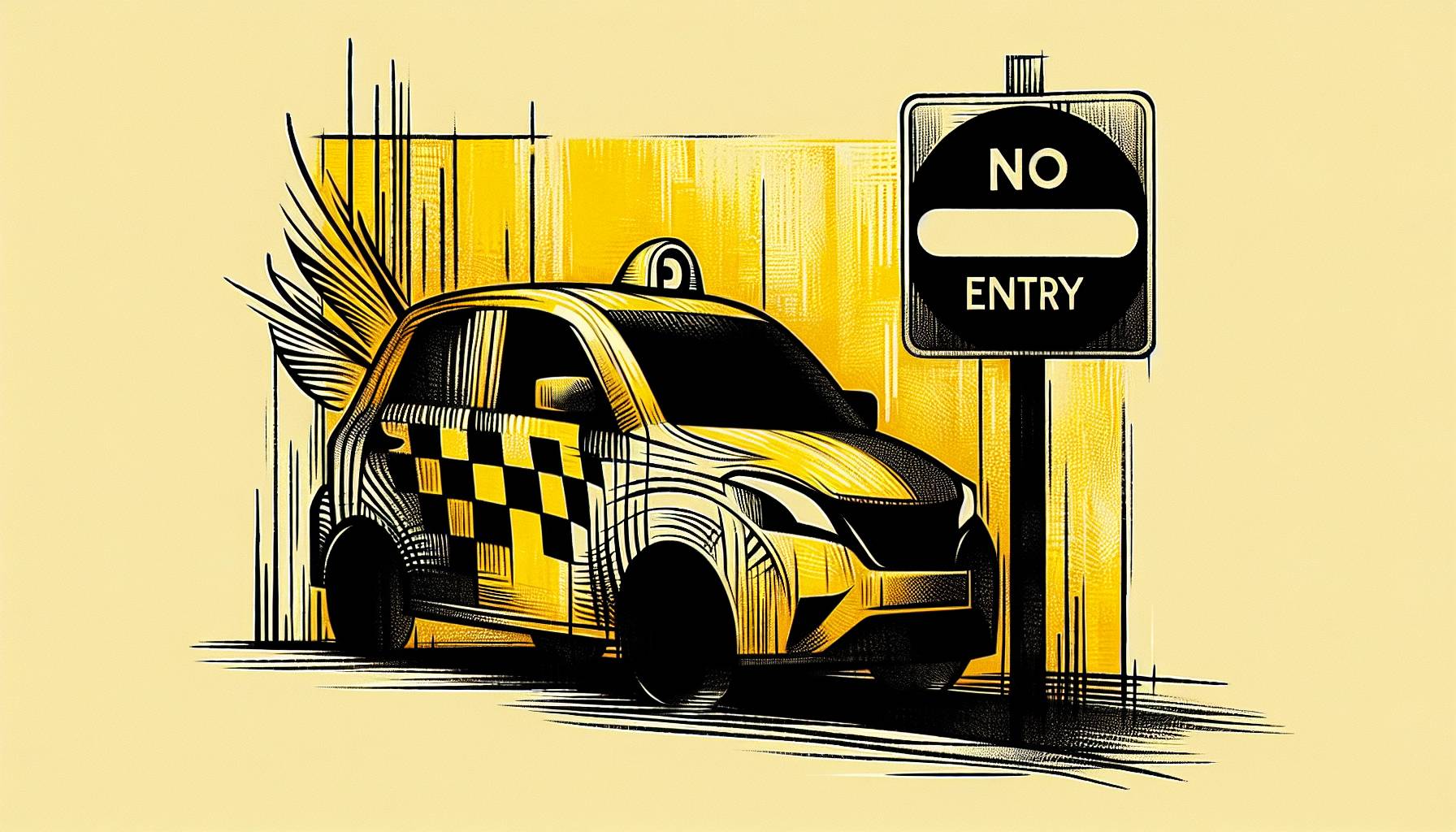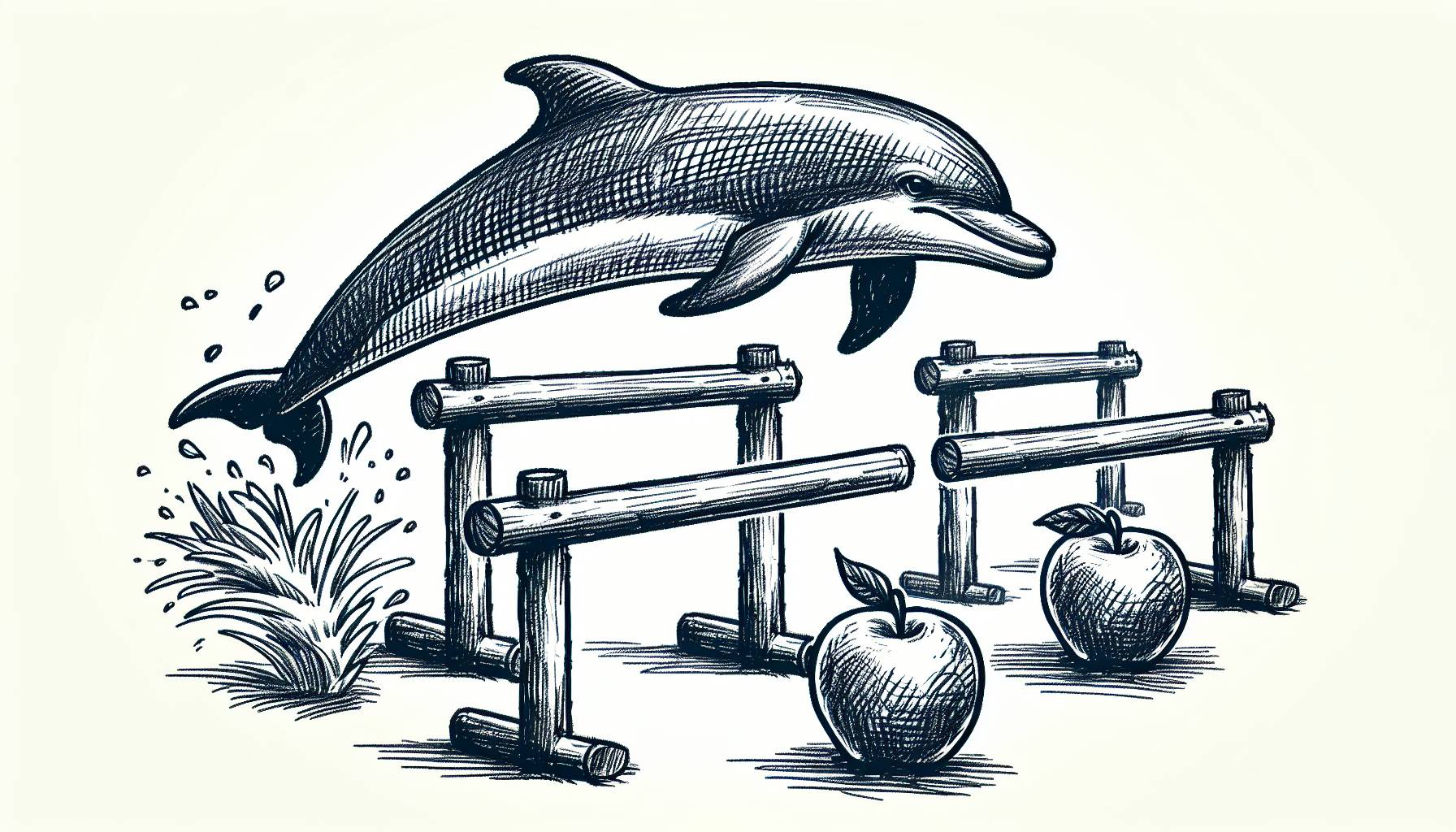The wildly popular combat/puzzle Android game Tank Hero made it to the iTunes App Store this week.
In this edition of Game Theory, we check in Mark Ng and Alkas Baybas of ClapFoot games, which developed the title. The Canadian game developers talk about the advantages of marketing an app on Android first (ability to quickly iterate and remove bugs) and their relief in being approved by Apple within a week of submitting Tank Hero to the App Store.
Appolicious: After launching two successful titles on Android – Tank Hero and Virtual Tennis 3D – Clapfoot this week unveiled Tank Hero for iOS devices. What was your motivation for launching on Android first?
Mark Ng: Our first title started out as a hobbyist project that I worked onoutside of my day job. Seeing that I only had access to an Android phone at the time and it only cost $25 to post an application, it made sense to develop for Android. Also, nobody knew how to develop games for Android at the time so I considered it a fun challenge. I was surprised at the amount of revenue I was able to generate off of an Android game. This was a part of our motivation to stick with Android for Tank Hero. We also knew the Android user base was growing very rapidly so we felt like there was a huge opportunity at our fingertips.
While we never really thought about doing an iOS version of Tank Hero from the beginning, we started getting a lot of emails from iOS users. Most of them were quite surprised it wasn’t available for iOS, since the majority of top games on Android are ports of iOS games.
In retrospect, we believe it was the right move to start on Android because it’s much easier to push updates to your application and iterate on features over a short period of time.
APPO: In 25 words or less, tell us about Tank Hero and how if it all it differs on iOS devices.
Alkas Baybas: Tank Hero is a fast paced combat/puzzle game. The iOS version includes some new graphical improvements which we are also bringing to Android soon.
APPO: Presumably it is a lot easier to test and QA a game on iOS with standardized devices, screen sizes and functionality? Compare andcontrast this process with Android and the dozens of devices you need to outfit for?
MN: To be perfectly honest, the QA experience for iOS isn’t that all that different from Android. For both platforms, you still have to test on various screen sizes, operating system versions, and processors. It is true that iOS has fewer combinations of hardware to deal with, but it’s more difficult to do something like a public beta test on iOS, so in the end it all balances out.
APPO: How long did it take for Tank Hero to get approved by the App Store? How frustrating is this process relative to launching a game on Android?
AB: We were initially very intimidated of the approval process because of all the horror stories that make the news. We waited anxiously after we submitted, but to our pleasant surprise, our app was approved within one week without any issues. We were able to see it in the App Store the following day.
Releasing a new app on Android is trivial in comparison. It’s as stressful as making a blog post. Unfortunately, it doesn’t stay that way once your app becomes popular. It’s hard to click that publish button once you know your update is instantly going out to 4 million+ people. We spent a lot of time obsessively testing and testing again to make sure we weren’t going to introduce any bugs.
The good thing about Apple’s process is that there’s a safety check before it goes out to everyone, and it definitely helps in keeping out “junk” apps that could otherwise dilute the new releases section of the App Store. Conversely, the good thing about Android is that you can quickly recover from mistakes if you push out a bad update (which we did actually have to do once).
APPO: What are the biggest ways you plan to market Tank Hero in the opening days of launch? What about over time after the initial publicity pop wanes?
MN: Since this is our first iOS release, it is really going to be a feeling out process for us. We don’t have a big marketing budget so we’ve been trying to rely on other means, such as reaching out to smaller community groups on the web. Once the initial launch period is over, we plan on keeping in touch with users and delivering quality updates based on their feedback.
APPO: From a development standpoint, what are the advantages of launching on iOS? Do you plan to launch Virtual Tennis 3D and other titles on iOS?
MN: Game developers have been working with iOS for a lot longer than they have on Android so many common technical problems on the platform have already been solved, whereas on Android you feel a bit more like a pioneer. In that sense, the learning curve isn’t as steep on iOS as it is on Android.
Overall, we had a great experience working with iOS and will definitely continue to develop titles for it in the future. However,we do not plan on launching Virtual Table Tennis 3D on iOS because there are already enough Table Tennis games in the App Store and we don’t feel the need to release another one just for the sake of it.
APPO: What are you most looking forward to from iOS 5?
MN: From the perspective of game development there isn’t too much we’re anticipating just because iOS is already very good in this regard. In general, we do hope Apple adds a little more functionality to the homescreen, especially for the iPad family of devices.
APPO: As independent developers, what are the three biggest things in the mobile gaming space that keep you up at night?
AB: These three issues.
1. App store rankings
2. Thinking about new game ideas
3. Being successful enough to continue making games












